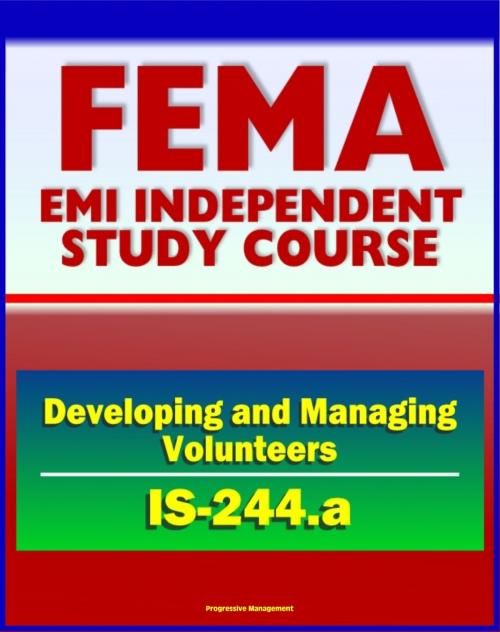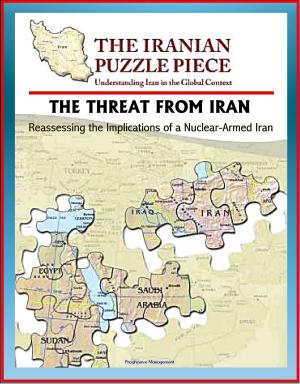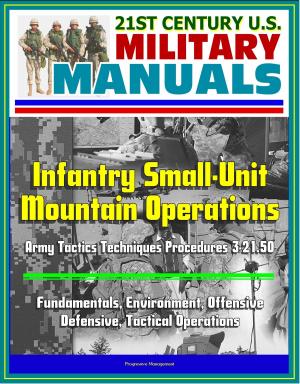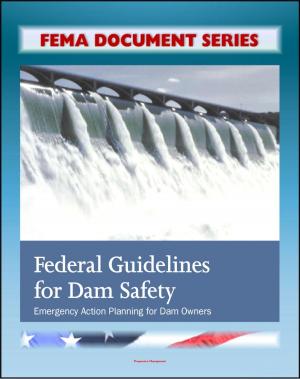21st Century FEMA Study Course: Developing and Managing Volunteers (IS-244.a) - VOADs, NGOs, Case Studies, Interviews, Evaluations
Nonfiction, Social & Cultural Studies, Political Science| Author: | Progressive Management | ISBN: | 9781465752628 |
| Publisher: | Progressive Management | Publication: | July 7, 2011 |
| Imprint: | Smashwords Edition | Language: | English |
| Author: | Progressive Management |
| ISBN: | 9781465752628 |
| Publisher: | Progressive Management |
| Publication: | July 7, 2011 |
| Imprint: | Smashwords Edition |
| Language: | English |
This Federal Emergency Management Agency (FEMA) independent training course manual from the Emergency Management Institute (EMI) offers training in identifying volunteer resources and recruiting, assigning, training, supervising, evaluating, and motivating volunteers. The course also focuses on coordinating with Voluntary Organizations Active in Disaster (VOADs), nongovernmental organizations (NGOs), such as church groups or food banks, professional groups, such as physicians and mental health counselors, and business and industry. It also addresses special issues, such as unaffiliated volunteers, stress management for volunteers, and legal issues, such as workers’ compensation, insurance, safety and risk management, and liability.
The use of volunteers has proven critical to emergency management. Both individual volunteers and established volunteer groups offer a wealth of skills and resources that can be used prior to, during, and after an emergency. Mobilizing the private sector can add significantly to emergency management programs.
As an emergency management professional, your ability to work with volunteers before, during, and after an emergency can literally affect the lives and wellbeing of the local citizenry. Volunteers can impact—for better or worse—the ability of response agencies to do their jobs, and can make a difference in how quickly the community is able to respond to and recover from a disaster.
This is a privately authored news service and educational publication of Progressive Management.
This Federal Emergency Management Agency (FEMA) independent training course manual from the Emergency Management Institute (EMI) offers training in identifying volunteer resources and recruiting, assigning, training, supervising, evaluating, and motivating volunteers. The course also focuses on coordinating with Voluntary Organizations Active in Disaster (VOADs), nongovernmental organizations (NGOs), such as church groups or food banks, professional groups, such as physicians and mental health counselors, and business and industry. It also addresses special issues, such as unaffiliated volunteers, stress management for volunteers, and legal issues, such as workers’ compensation, insurance, safety and risk management, and liability.
The use of volunteers has proven critical to emergency management. Both individual volunteers and established volunteer groups offer a wealth of skills and resources that can be used prior to, during, and after an emergency. Mobilizing the private sector can add significantly to emergency management programs.
As an emergency management professional, your ability to work with volunteers before, during, and after an emergency can literally affect the lives and wellbeing of the local citizenry. Volunteers can impact—for better or worse—the ability of response agencies to do their jobs, and can make a difference in how quickly the community is able to respond to and recover from a disaster.
This is a privately authored news service and educational publication of Progressive Management.















